Table of Contents
Introduction
The Bullmastiff is a large, powerful breed with a history that dates back to the 19th century. Originally bred for use as a guard dog and gamekeeper’s assistant, the Bullmastiff is known for its strength, intelligence, and loyalty. In this article, we will cover all aspects of the Bullmastiff breed, including their history, physical characteristics, personality, and care needs. By the end, you will have a good understanding of whether the Bullmastiff is the right dog for you.
History
Origins of the Bullmastiff Breed
The Bullmastiff is a relatively new breed, having been developed in England in the late 19th century. The breed was created by crossing the English Mastiff with the Old English Bulldog, resulting in a dog with the Mastiff’s size and strength and the Bulldog’s tenacity and courage. The Bullmastiff was originally bred for use as a guard dog and gamekeeper’s assistant, tasked with guarding estates and deterring poachers.
Development and Popularity of the Bullmastiff Breed
The Bullmastiff breed was officially recognized by the English Kennel Club in 1924 and has since become a popular family pet in many parts of the world. In the United States, the Bullmastiff is a member of the American Kennel Club’s Working Group. The breed is known for its calm and protective nature, making it an excellent guard dog and companion.
Physical Characteristics
Size and Weight of Bullmastiffs
Bullmastiffs are large dogs, with males weighing between 110 and 130 pounds and females weighing between 100 and 120 pounds. They stand between 25 and 27 inches tall at the shoulder. Despite their size, Bullmastiffs are known for their agility and athletic ability.
Coat and Color Variations
Bullmastiffs have a short, smooth coat that is easy to maintain. The breed comes in a variety of colors, including red, fawn, and brindle. All Bullmastiffs have a black mask and black ears.
Physical Traits and Characteristics
Bullmastiffs are powerful dogs with a strong, muscular build. They have a broad chest and a large, square head with a short, black muzzle. The breed is known for its strong, powerful jaws and its large, dark eyes, which are often described as “kind.” Bullmastiffs have a short, thick tail that is carried low.
Personality
Bullmastiff Temperament and Personality Traits
Bullmastiffs are known for their calm and protective nature. They are intelligent and loyal dogs that bond closely with their families. Despite their size and strength, Bullmastiffs are generally gentle and good-natured, making them an excellent choice for families with children.
Training and Socialization Needs
Like all breeds, Bullmastiffs require proper training and socialization to reach their full potential. It is important to start training and socialization at a young age to ensure that your Bullmastiff grows up to be well-behaved and confident. Bullmastiffs are intelligent and responsive to training, but they can be stubborn at times, so patience and consistency are key.
You may also like
- How to Train Bullmastiff to be a Guard Dog
- Best Shock Collar for Bullmastiff
- Best Crate for Bullmastiff: Size, Crate Training
Suitability as a Family Pet
Bullmastiffs are generally good with children and make excellent family pets. They are protective of their families and can be very loyal and affectionate. However, it is important to remember that Bullmastiffs are large, powerful dogs and may not be suitable for families with very young children or elderly family members.
Care and Maintenance
Exercise and Activity Needs
Despite their calm and laid-back nature, Bullmastiffs require regular exercise to stay healthy and happy. The breed is known for its athleticism and agility, and they enjoy activities such as walking, running, and playing fetch. It is important to provide your Bullmastiff with daily exercise to keep them physically and mentally stimulated.
Grooming and Coat Care
Bullmastiffs have a short, smooth coat that is easy to groom. They only require occasional brushing to remove dead hair and maintain a healthy coat. It is important to brush your Bullmastiff’s teeth regularly to prevent dental issues and to check their ears for any signs of infection.
You may also like
Health Concerns and Lifespan
Like all breeds, Bullmastiffs are prone to certain health conditions. Some common health concerns in the breed include hip dysplasia, elbow dysplasia, and thyroid issues. It is important to work with a reputable breeder and to have your Bullmastiff regularly checked by a veterinarian to ensure they are healthy. With proper care and attention, Bullmastiffs can live to be 10 to 12 years old.
You may also like
Frequently Asked Questions
Conclusion
In conclusion, the Bullmastiff is a large, powerful breed with a calm and protective nature. They are intelligent, loyal dogs that make excellent family pets for those who can provide them with the exercise and attention they need. While Bullmastiffs can be prone to certain health issues, with proper care and attention, they can live to be 10 to 12 years old. If you are considering adding a Bullmastiff to your family, it is important to do your research and to work with a reputable breeder to ensure that you are getting a healthy, well-bred dog.
Video about Bullmastiff Breed by Documentary TV
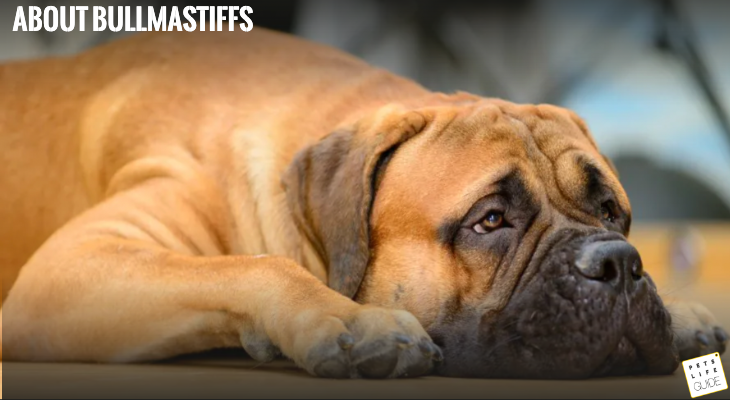
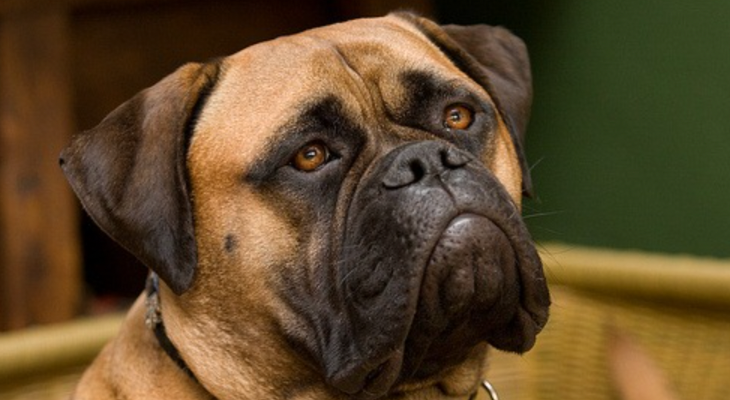
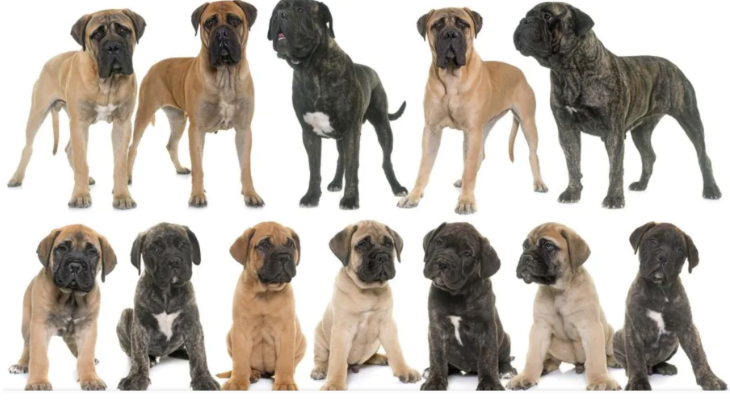
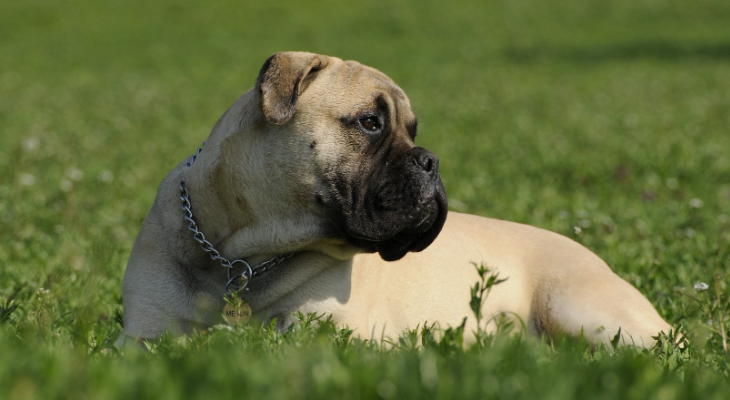
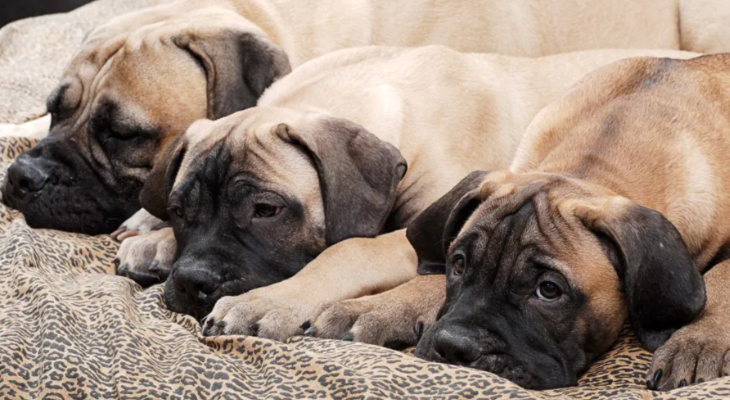
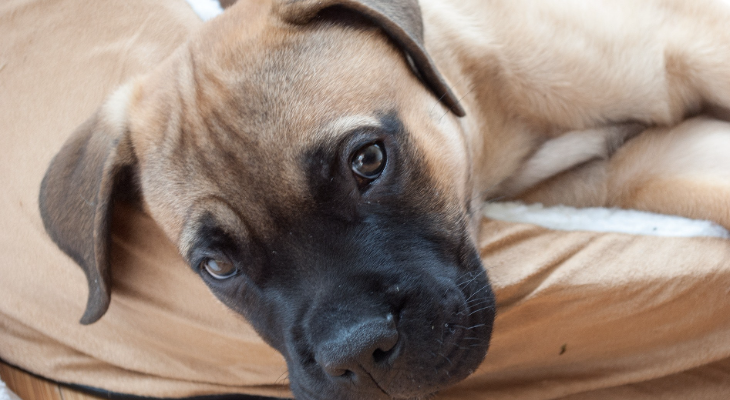


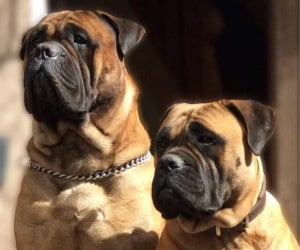

Leave a Reply